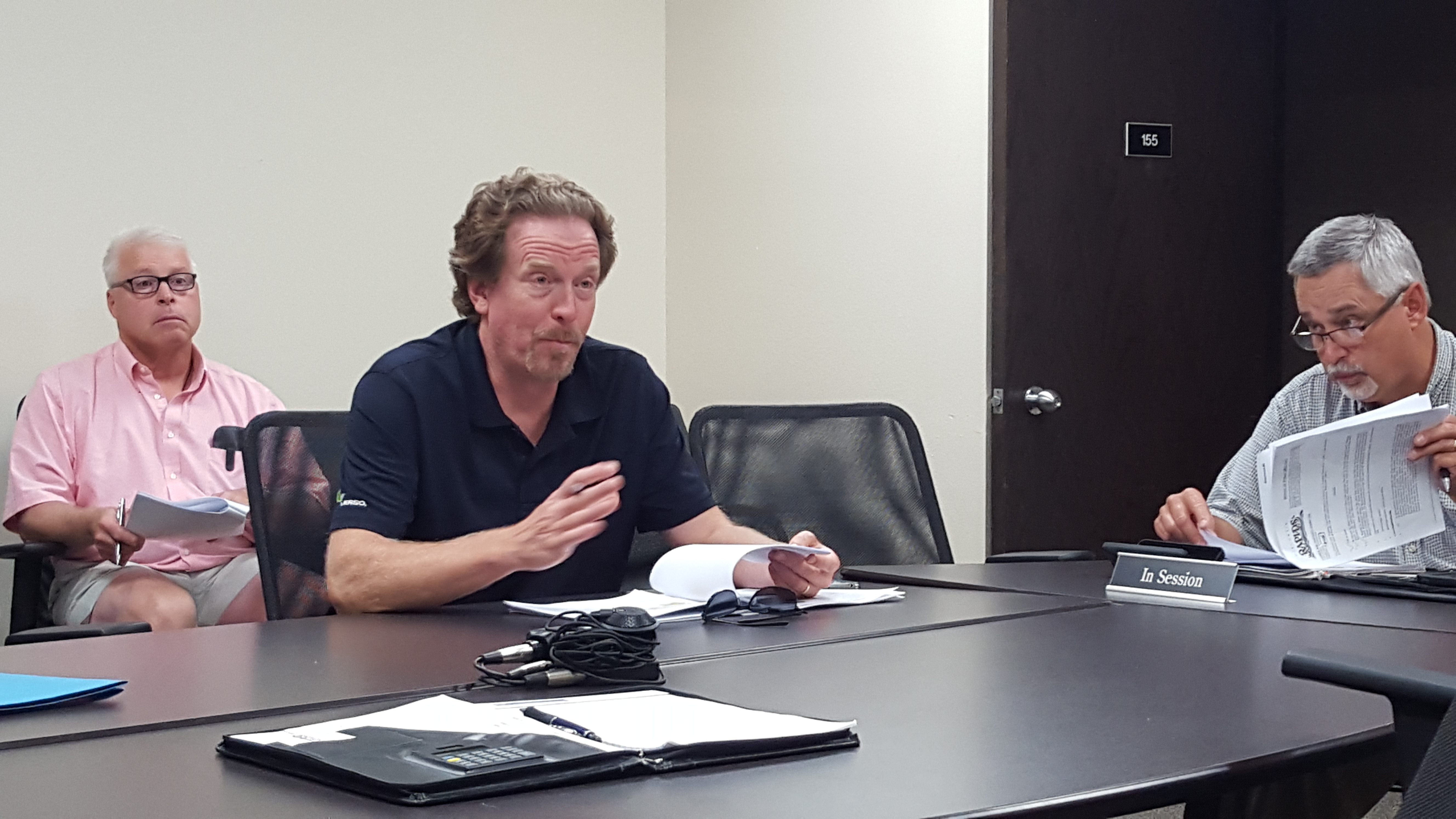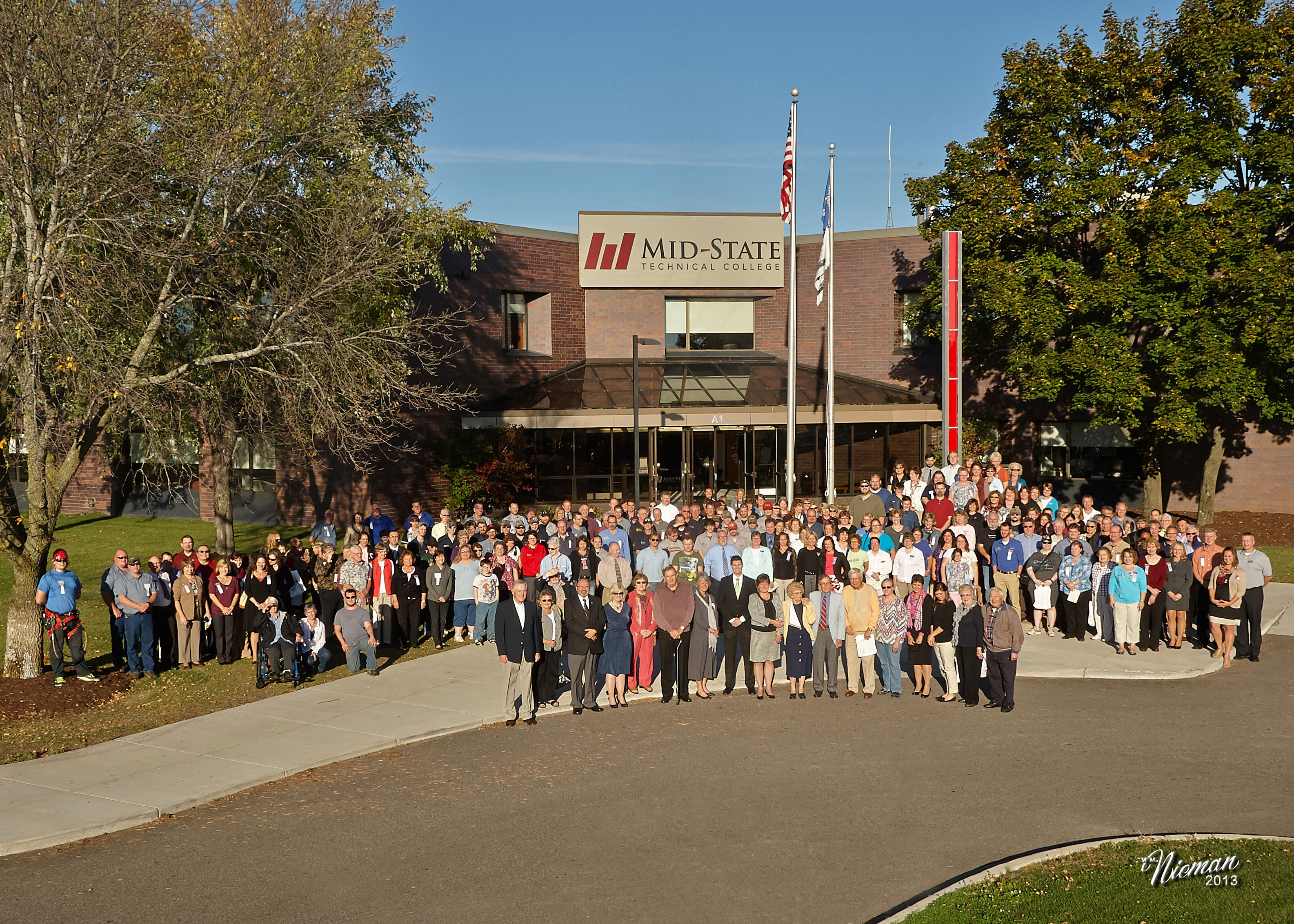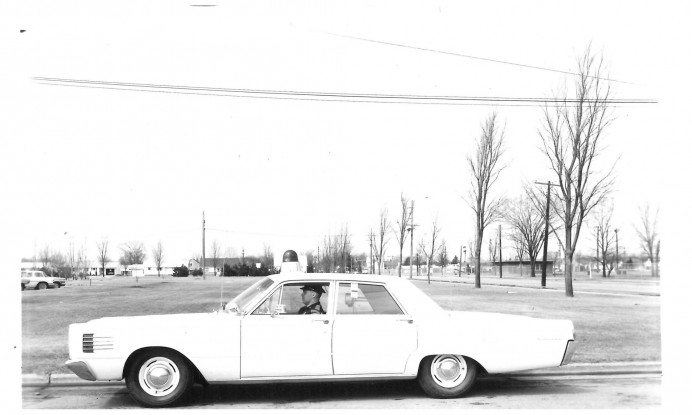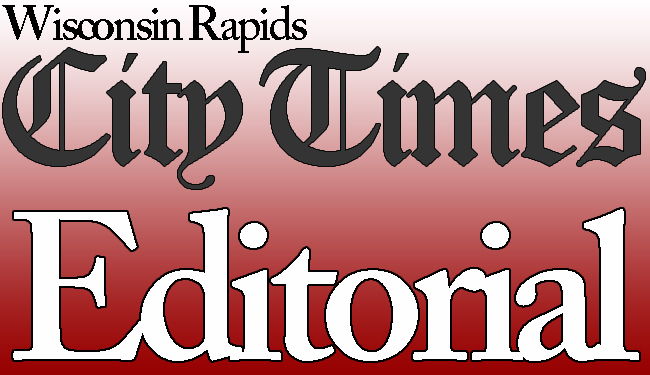City Mulling Business License Ordinance

By Jacob Mathias
A business licensing ordinance that would require local businesses to register with the city is under consideration by common council members after it was proposed at a meeting of the Wisconsin Rapids Finance Committee on Tuesday evening.
The proposed ordinance, which is still being developed and could see many changes if it’s implemented at all would require all Wisconsin Rapids businesses, from a home-based accountant or daycare to a department store or paper mill to register their business with the city. As of now there is no business licensing requirement in the city. The ordinance currently says the initial licensing fee would be $25 followed by a yearly $10 renewal fee but that is also open to change.
Adam Tegen, director of planning and economic development, said the ordinance started as a way to better compile a list of all the businesses in the city which he said totals about 1300. He said the process to discover a new or existing business in the city is time consuming and redundant among different departments.
“The fire department may have some. Assessment may have some. My department may have some,” said Tegen. “It’s scattered all over the place.”
He said the ways the ordinance would help the city were fourfold:
- Creating a comprehensive list with correct contact information for all businesses in the city.
- Economic development data including employment numbers and trends.
- Accurate property assessments for city revenue.
- More time for enforcement.
Tegen said it’s not uncommon for a business to open in the city without prior contact with city hall.
“What it results in is after the fact we’re aware of being open we walk through and there are violations found because they didn’t contact us. It creates a very controversial situation,” said Tegen.
He said if business contacts the city ahead of time, these violations can be dealt with ahead of time.
Ward 2 Alderperson Todd Ferkey who also owns a business in the city said he was against the ordinance as it increased the scope of the city’s government.
“I think it’s government getting bigger, government looking for control, more compliance,” said Ferkey. “If the government wants teeth to have ordinances enforced, I think there’s other ways to do that other than calling it a licensing fee or registration.”
He expressed concern that the ordinance would grow in scope and request information from business owners that he didn’t think was the city government’s business including employee numbers and gross earnings.
“The city doesn’t need to know all this stuff,” he said.
A violation of the ordinance, having an unlicensed business would result in some sort of penalty but none has been discussed at this time.
City leaders will take the committees concerns under consideration and revise the ordinance before presenting it again.
The Finance Committee meets on the first Tuesday of every month at 5:00 PM.






